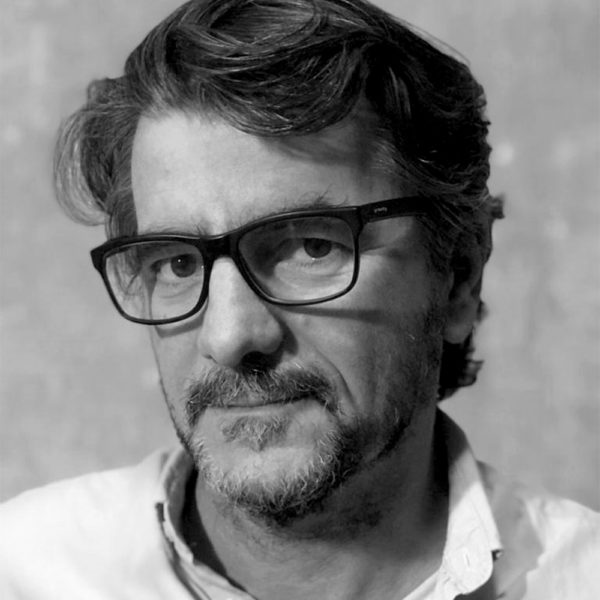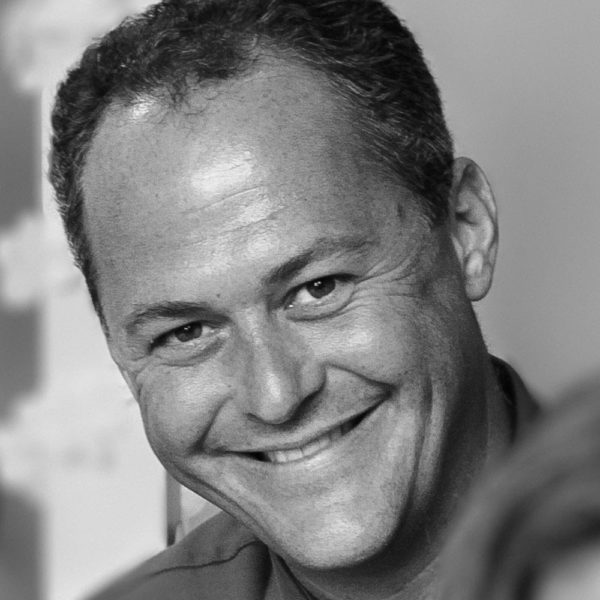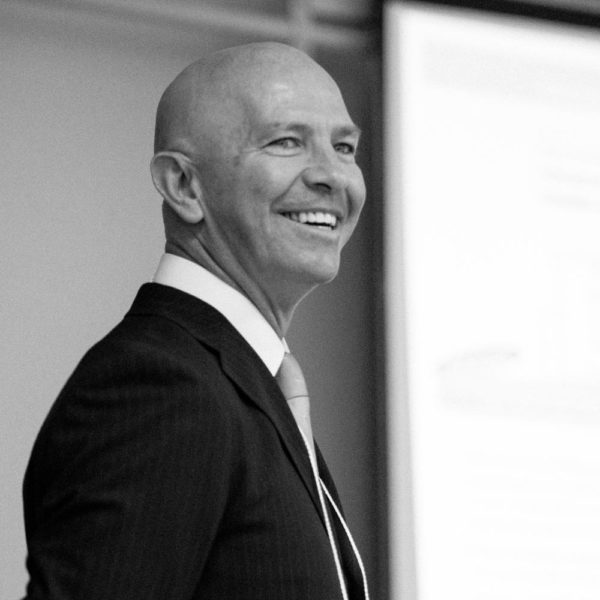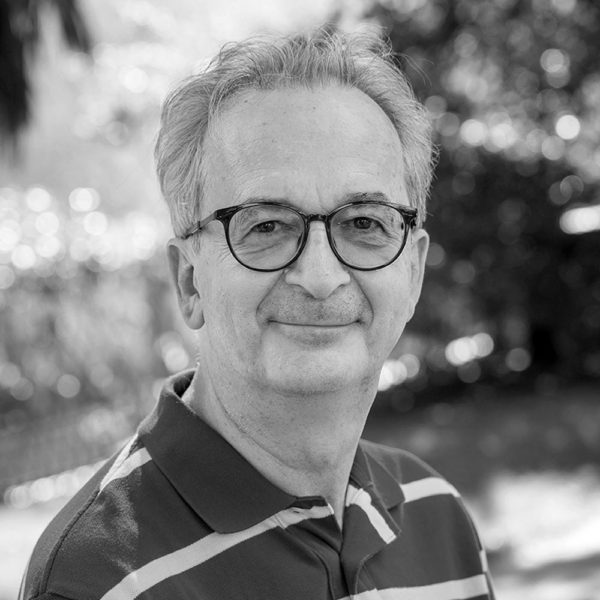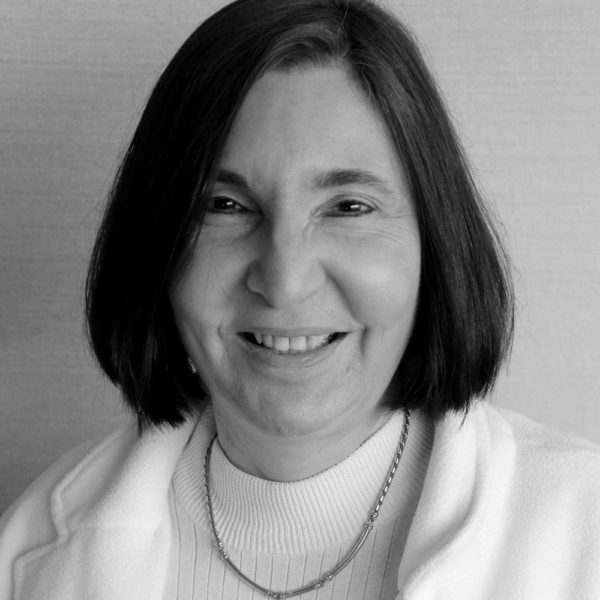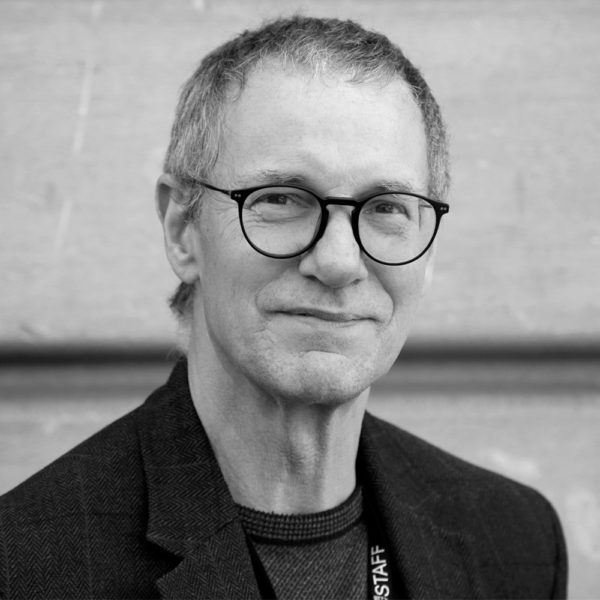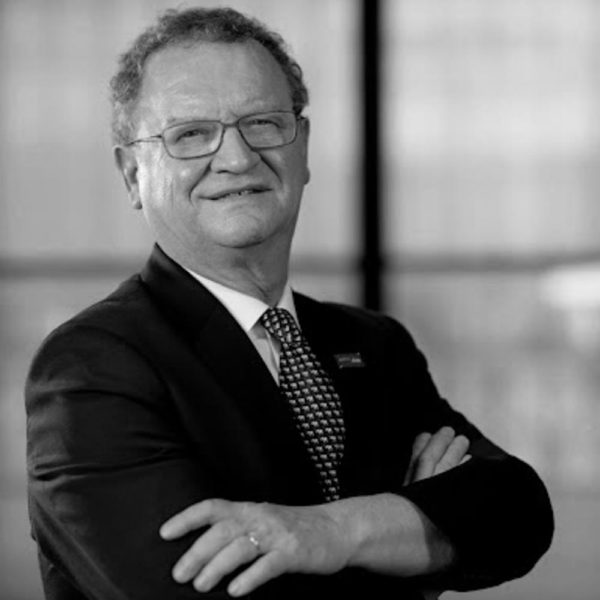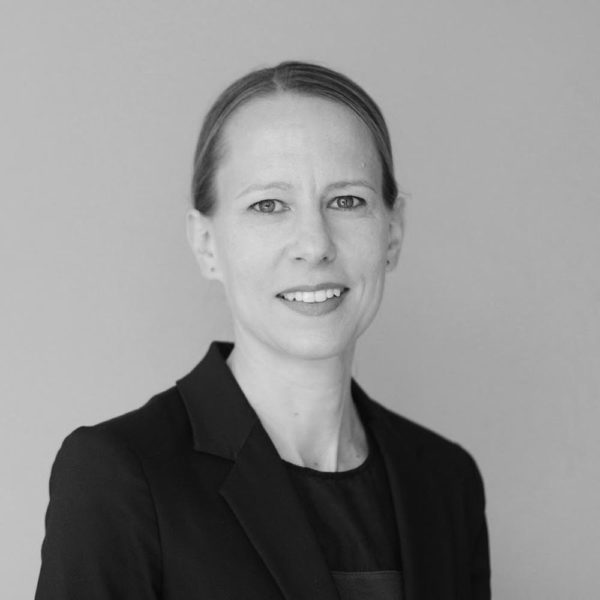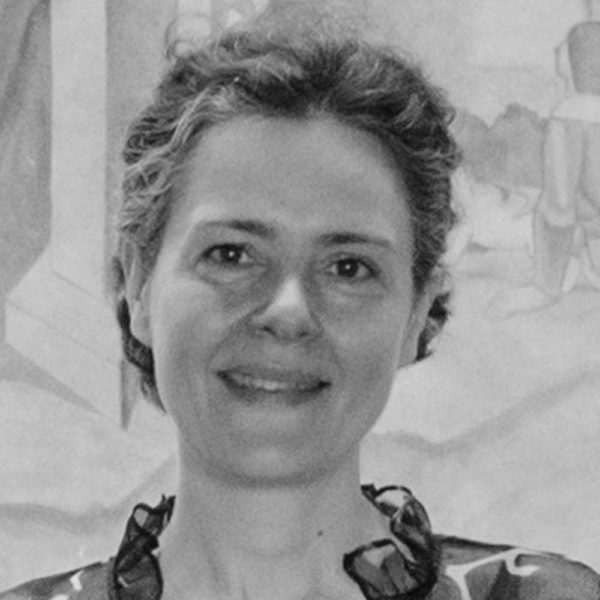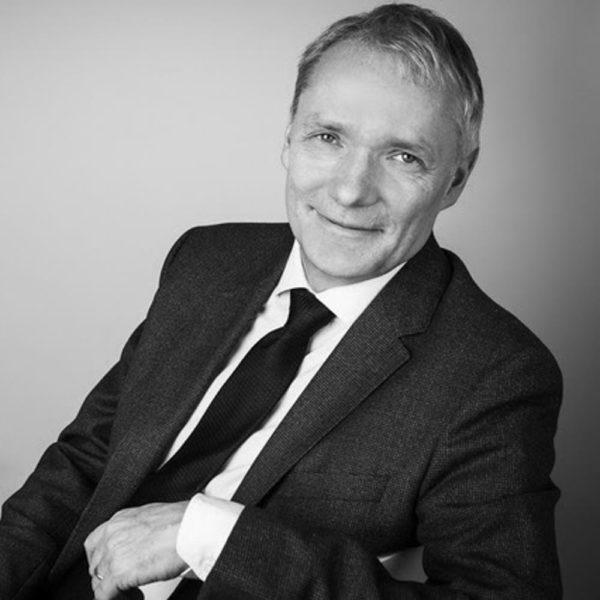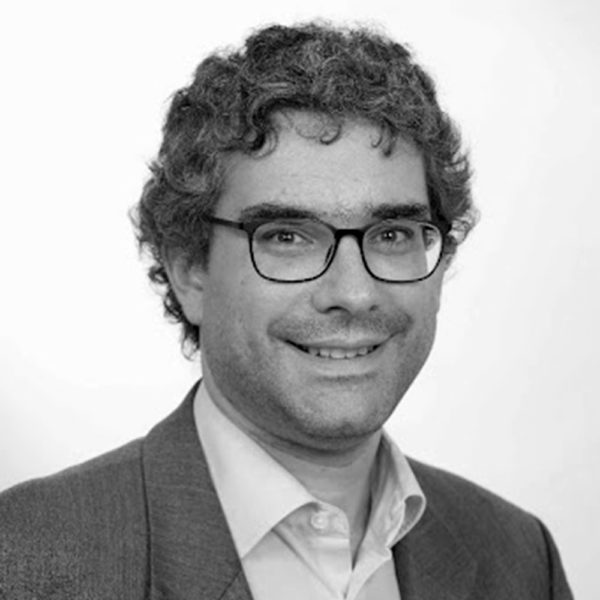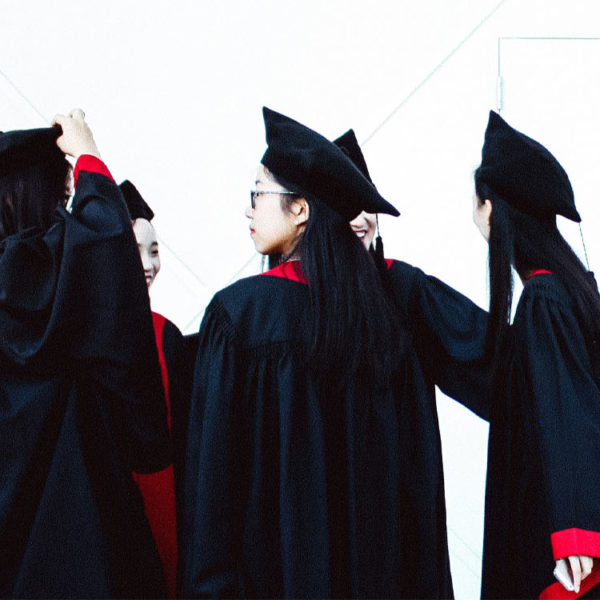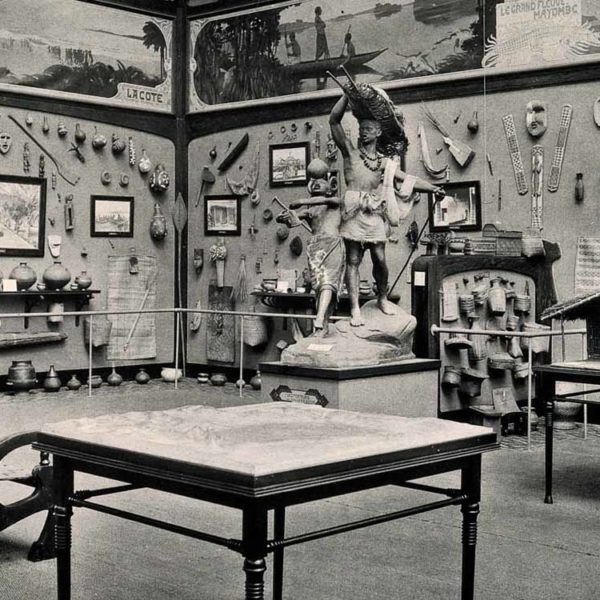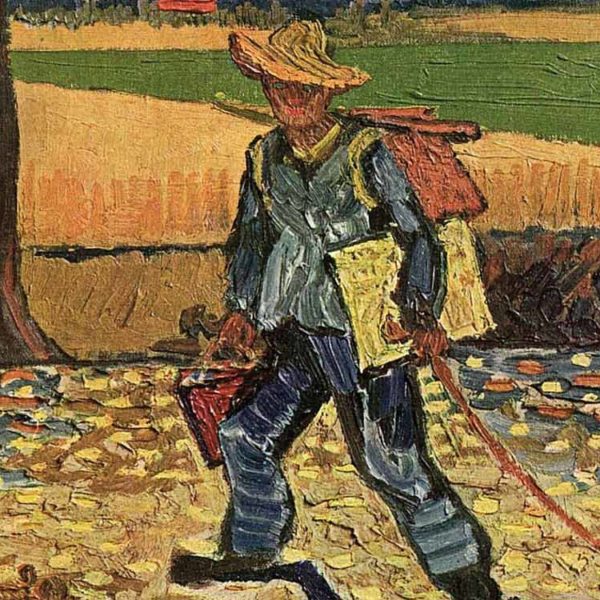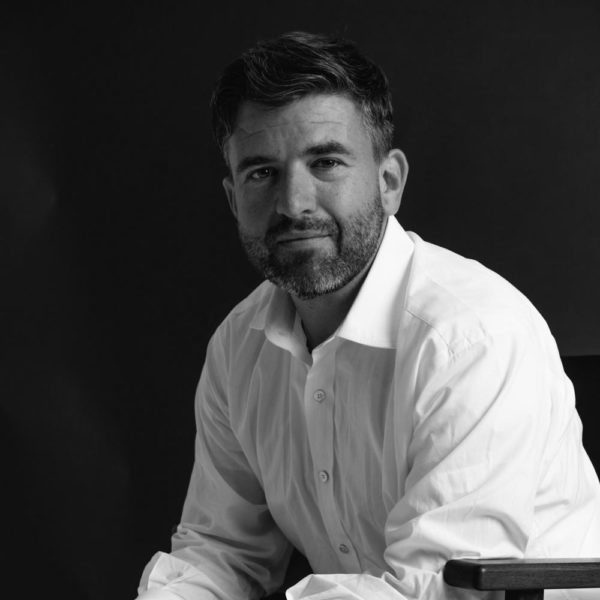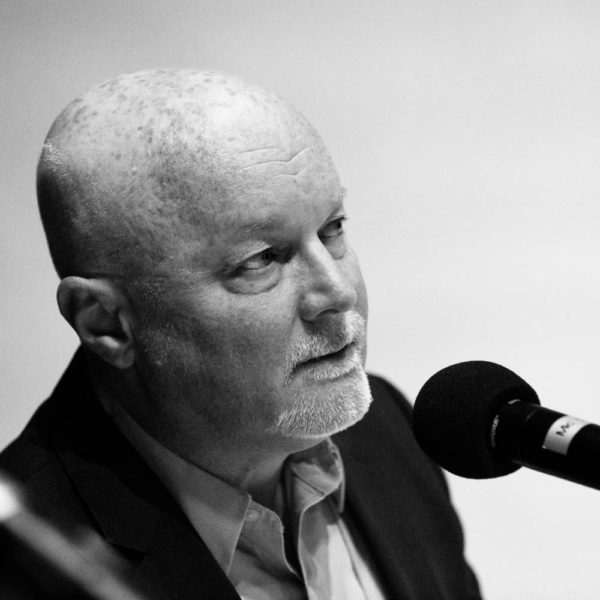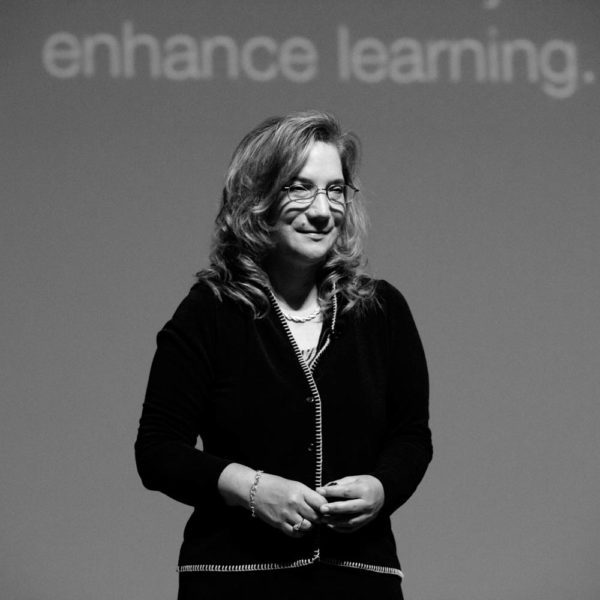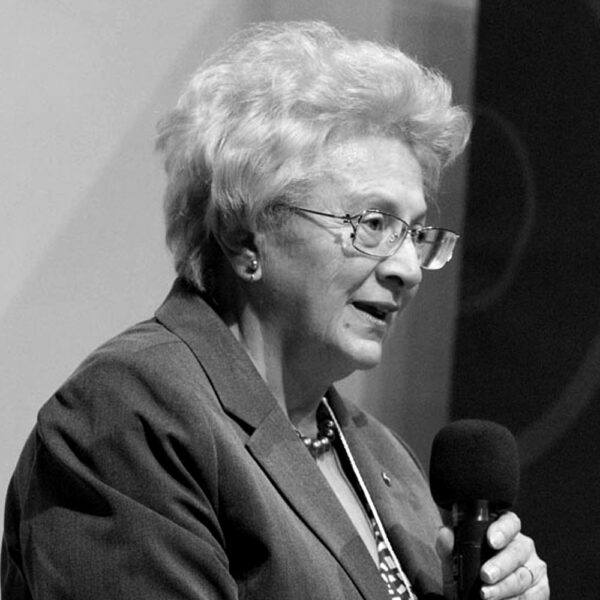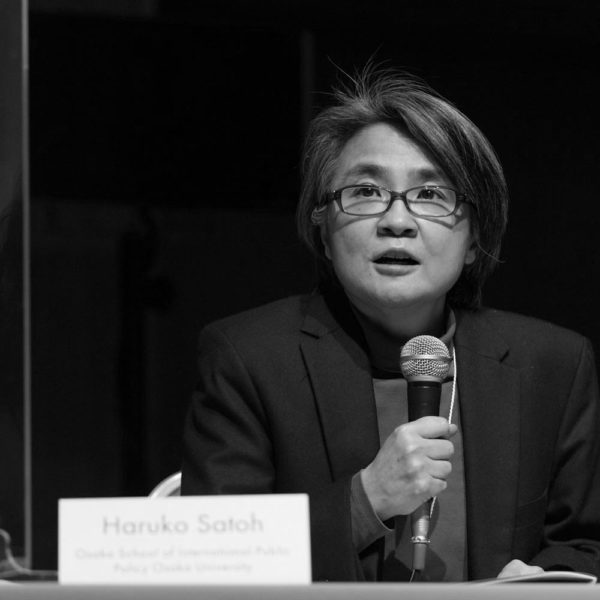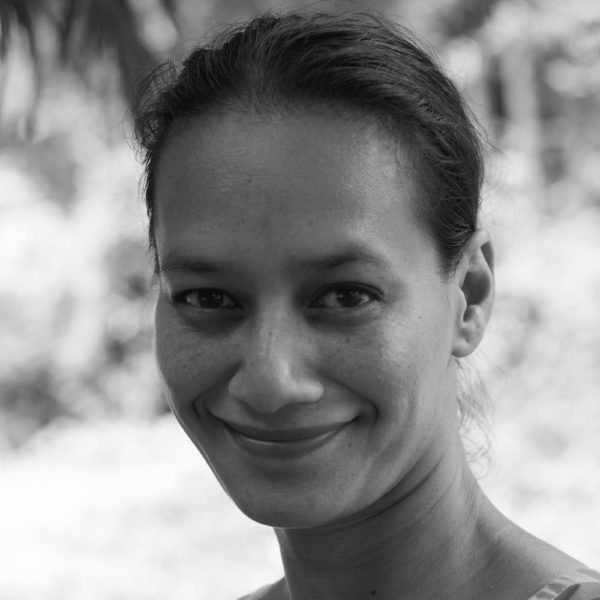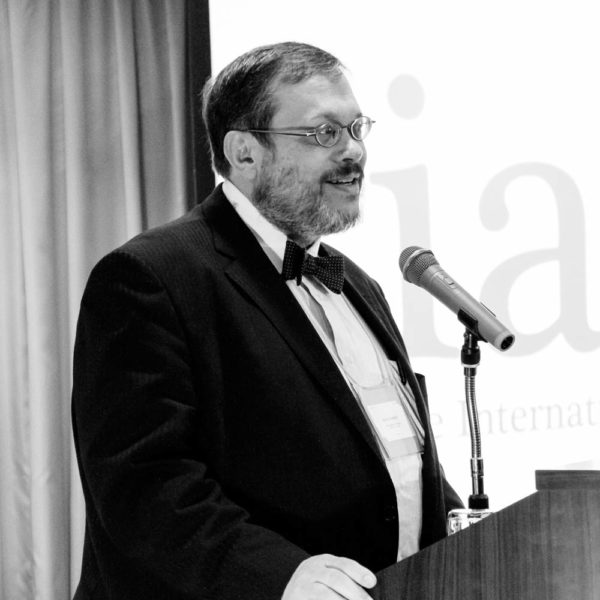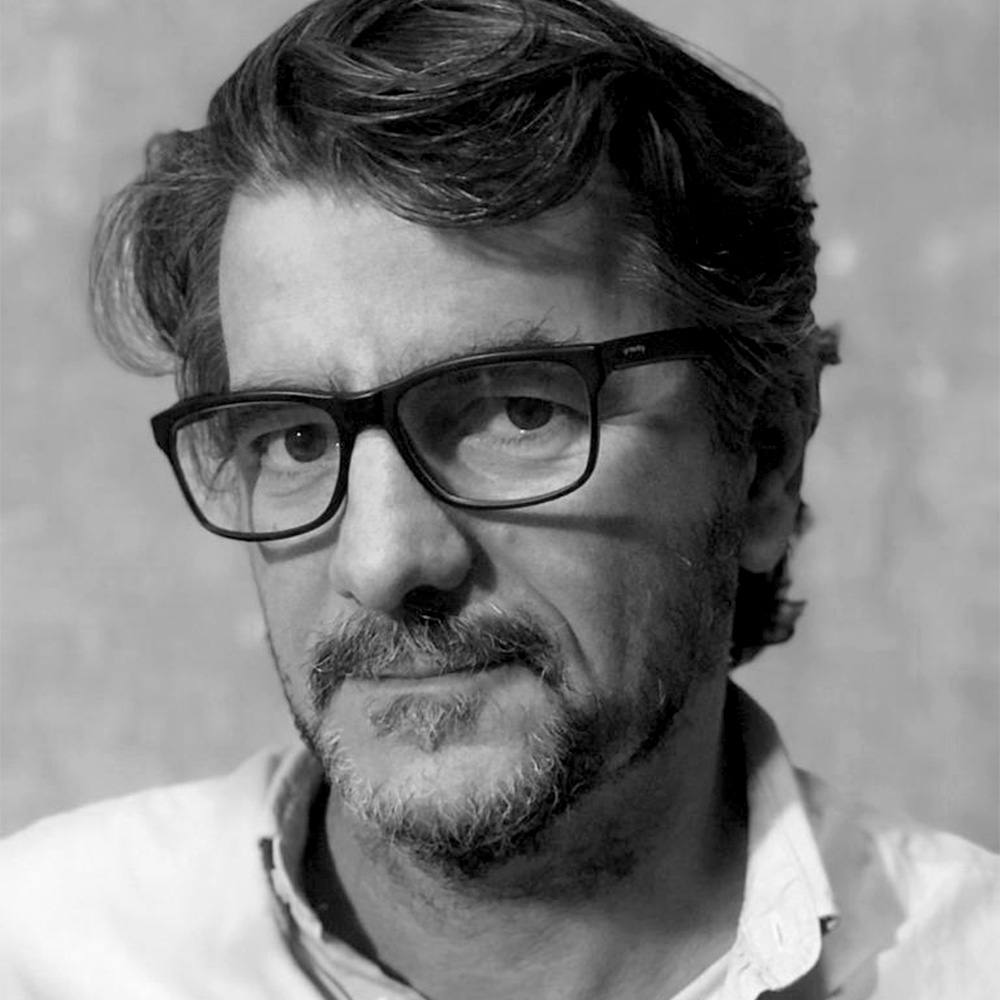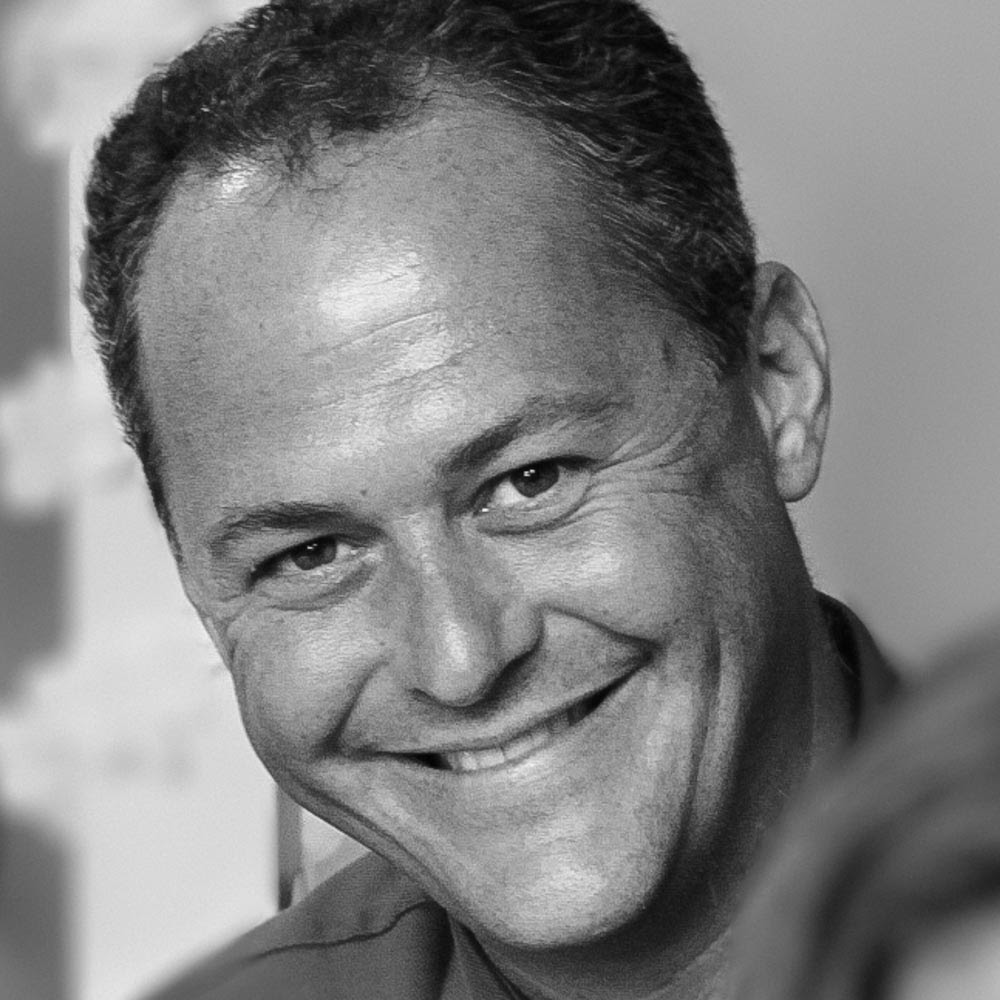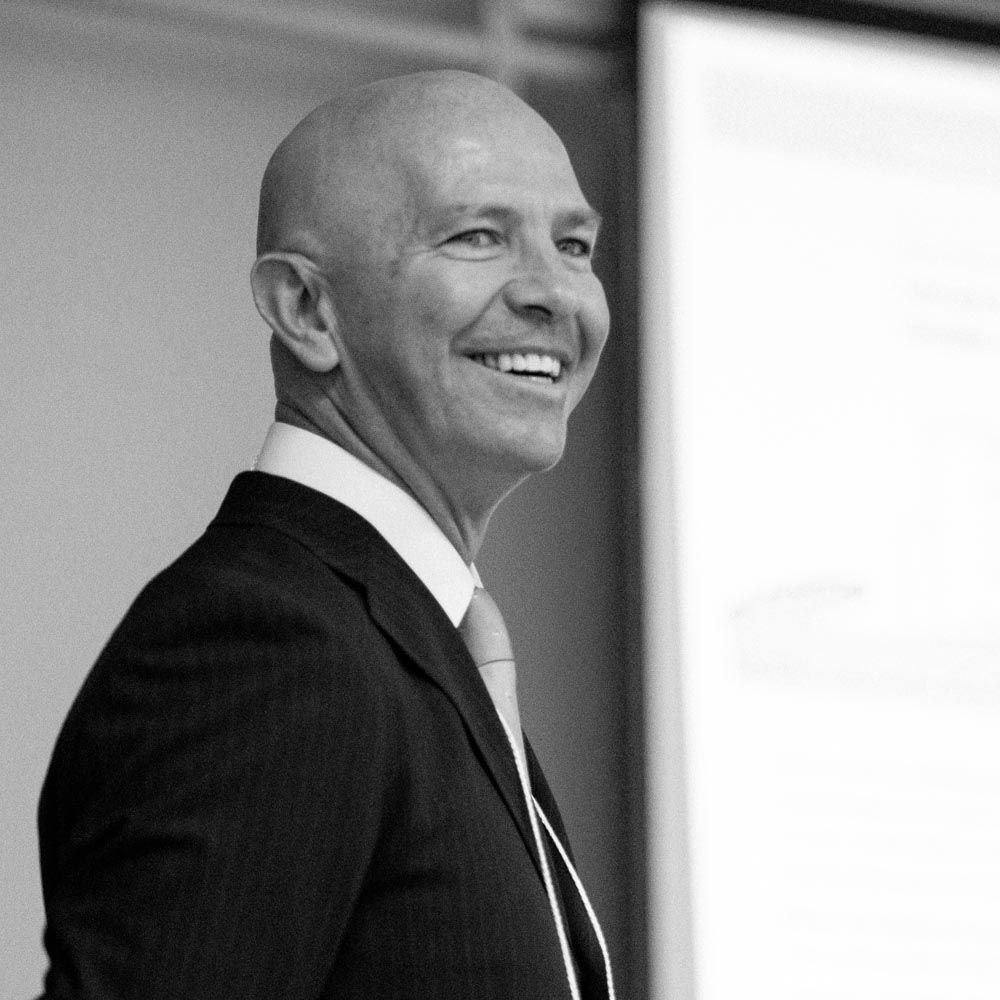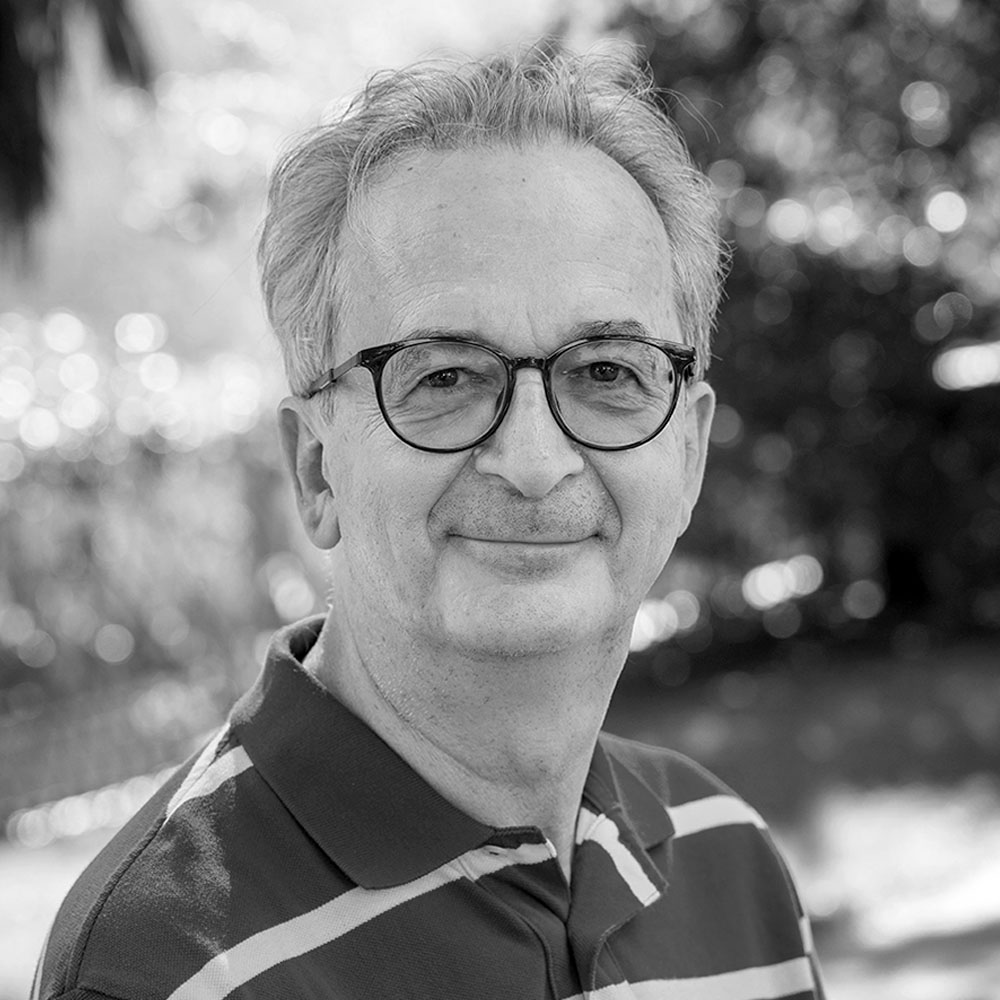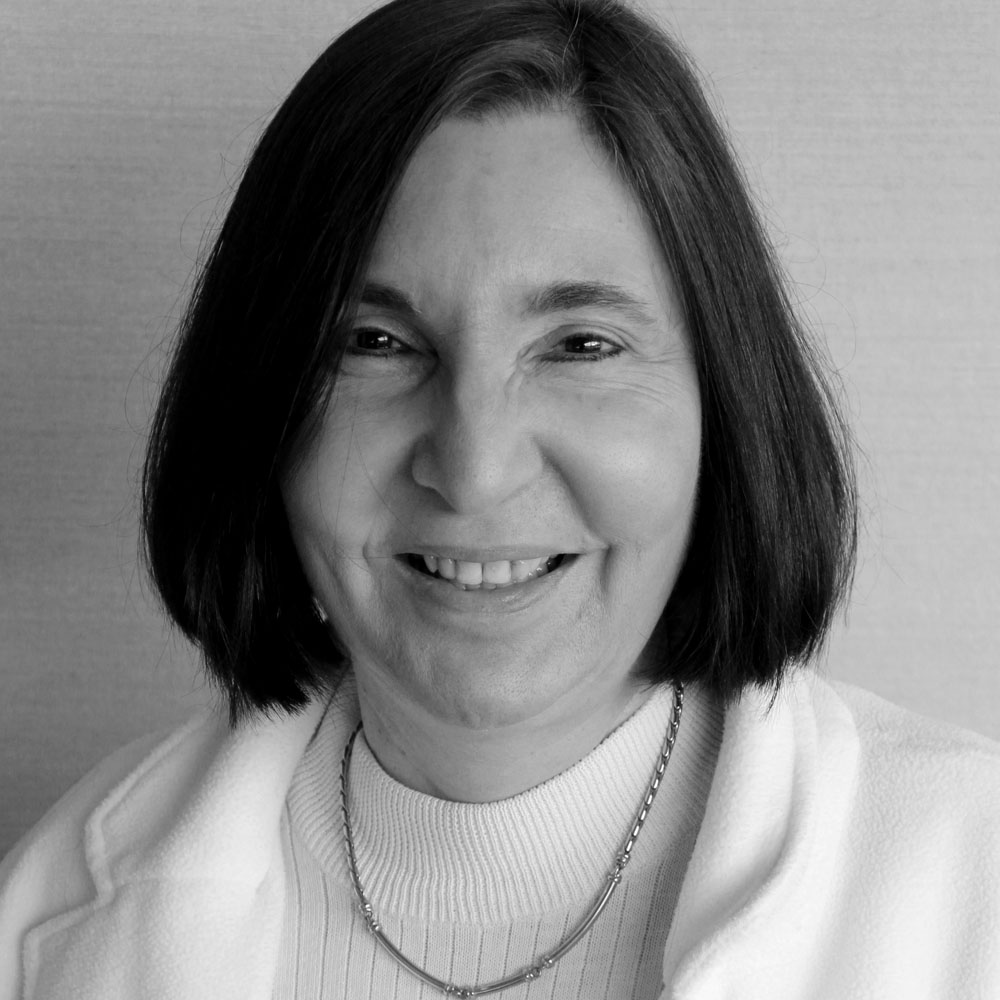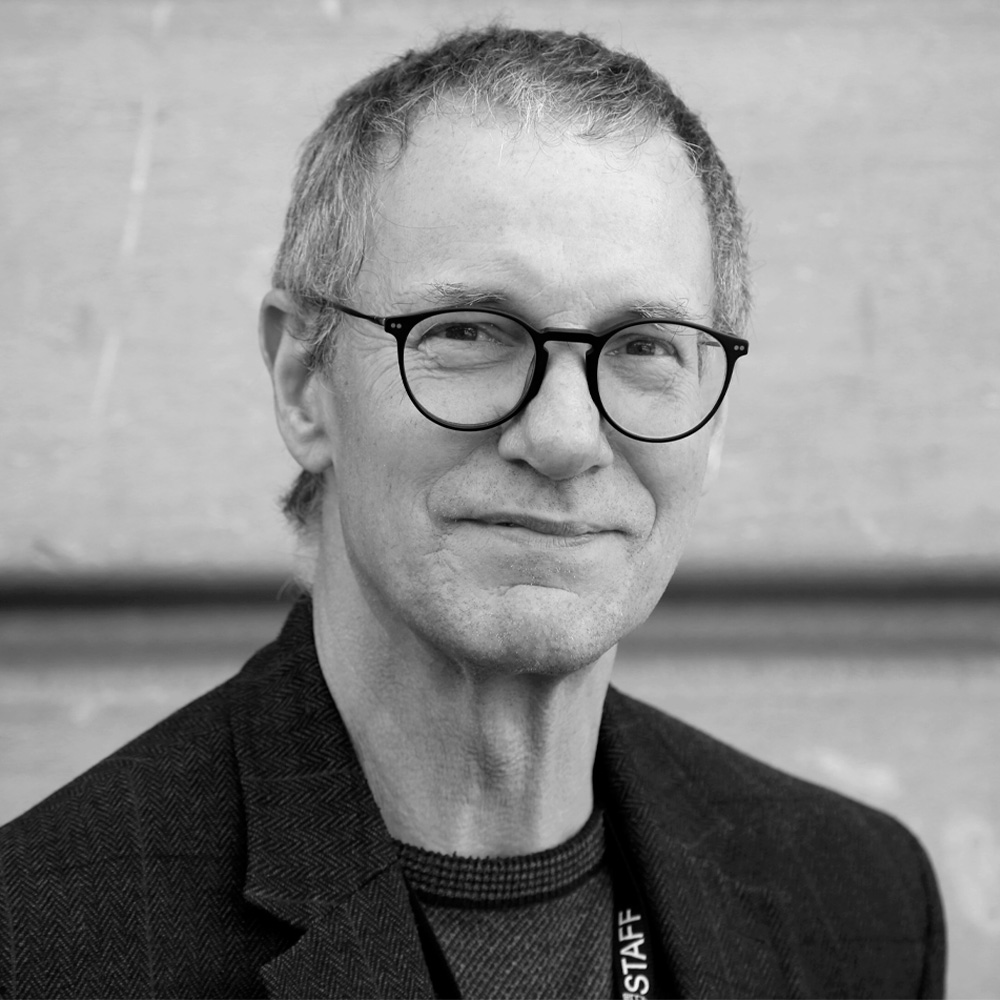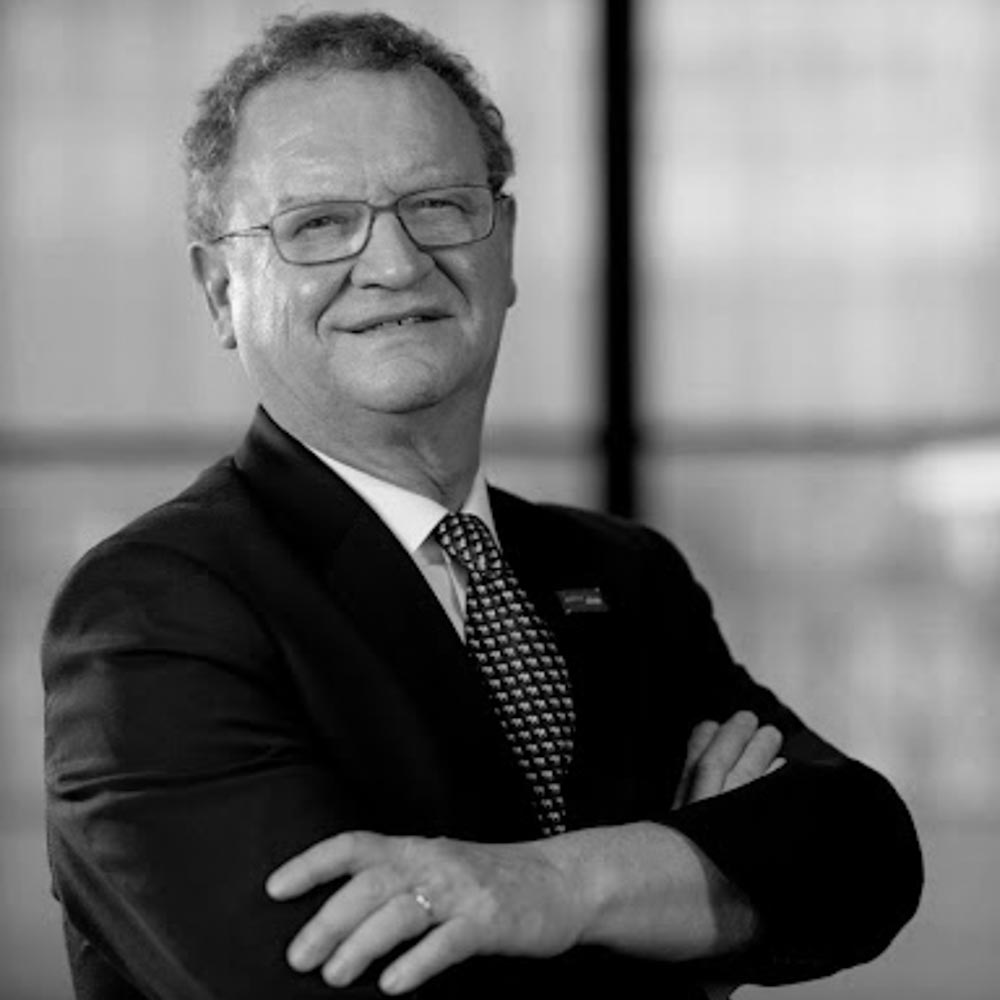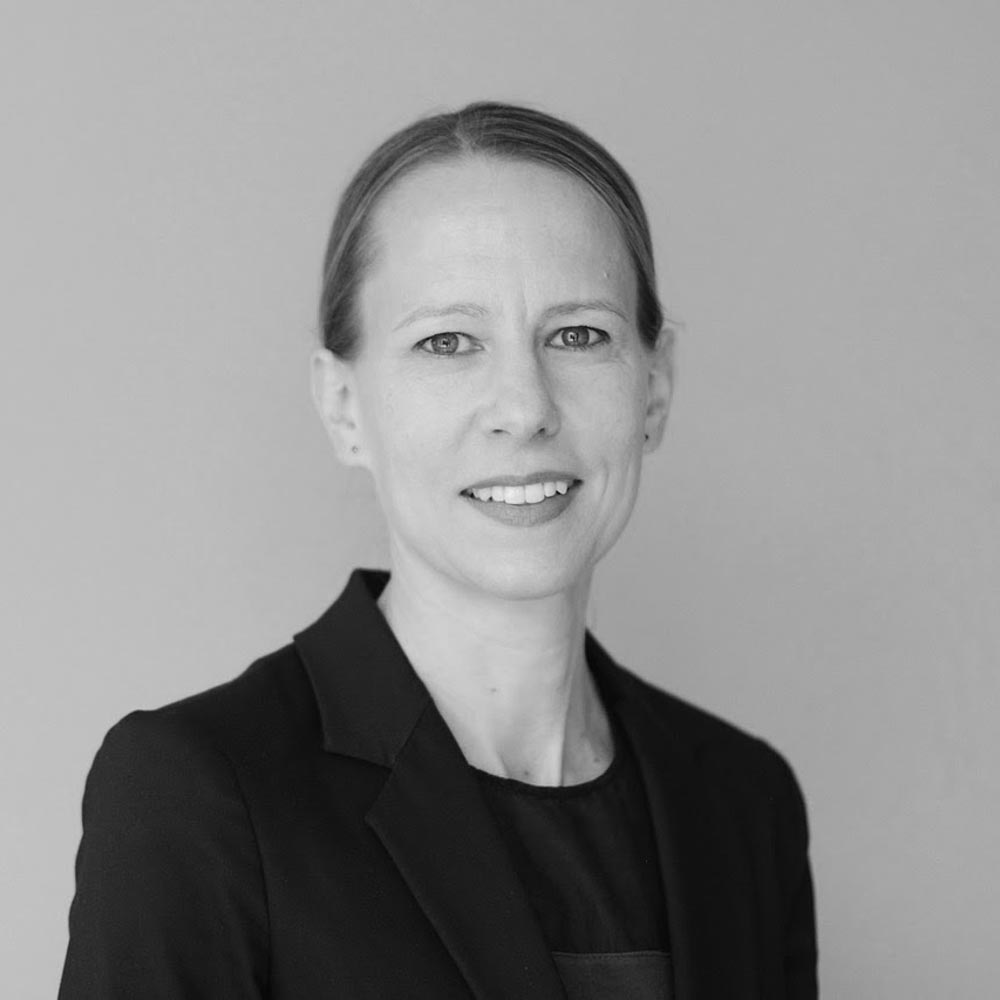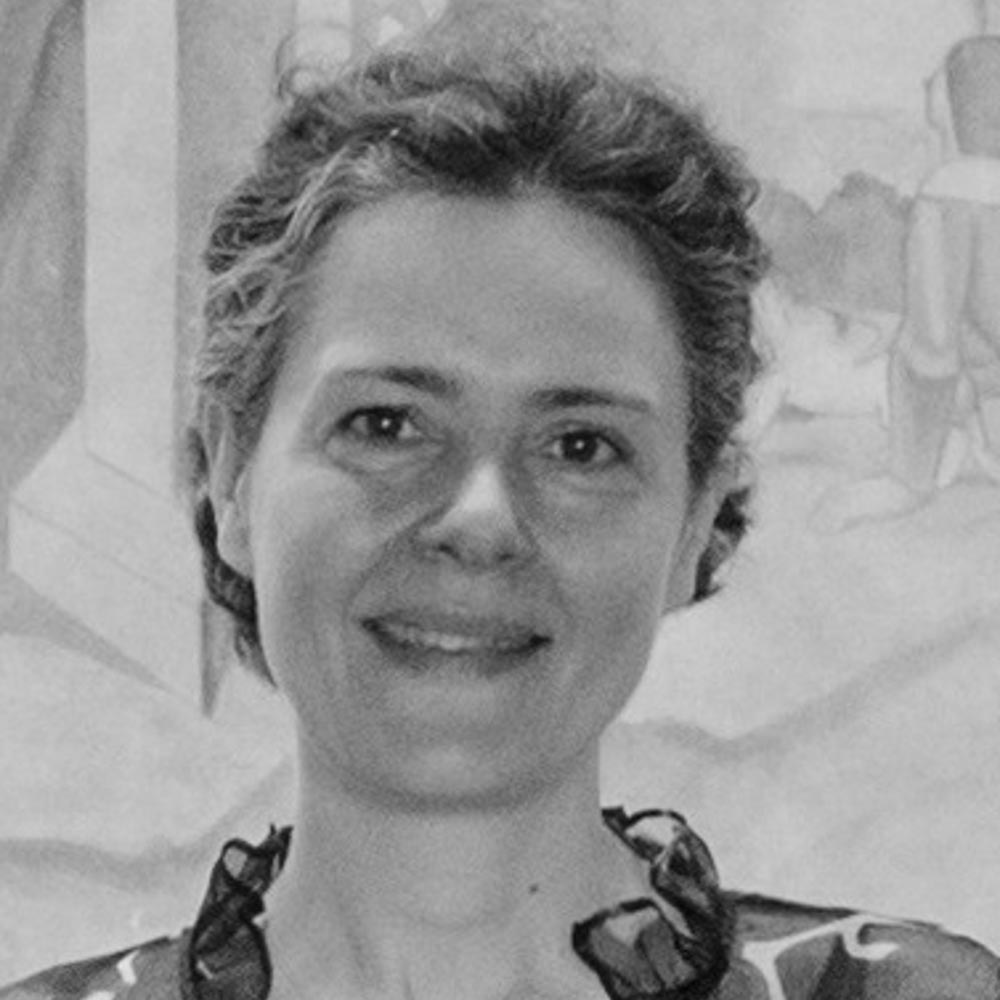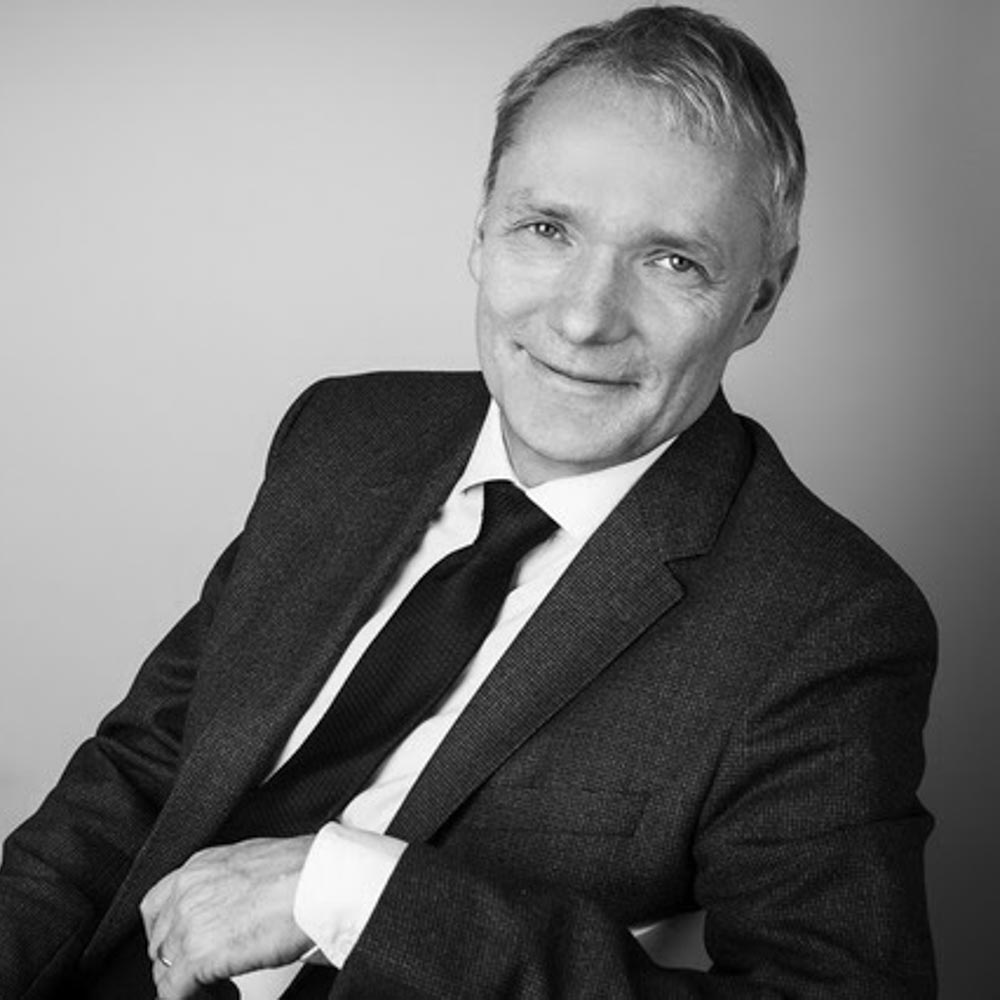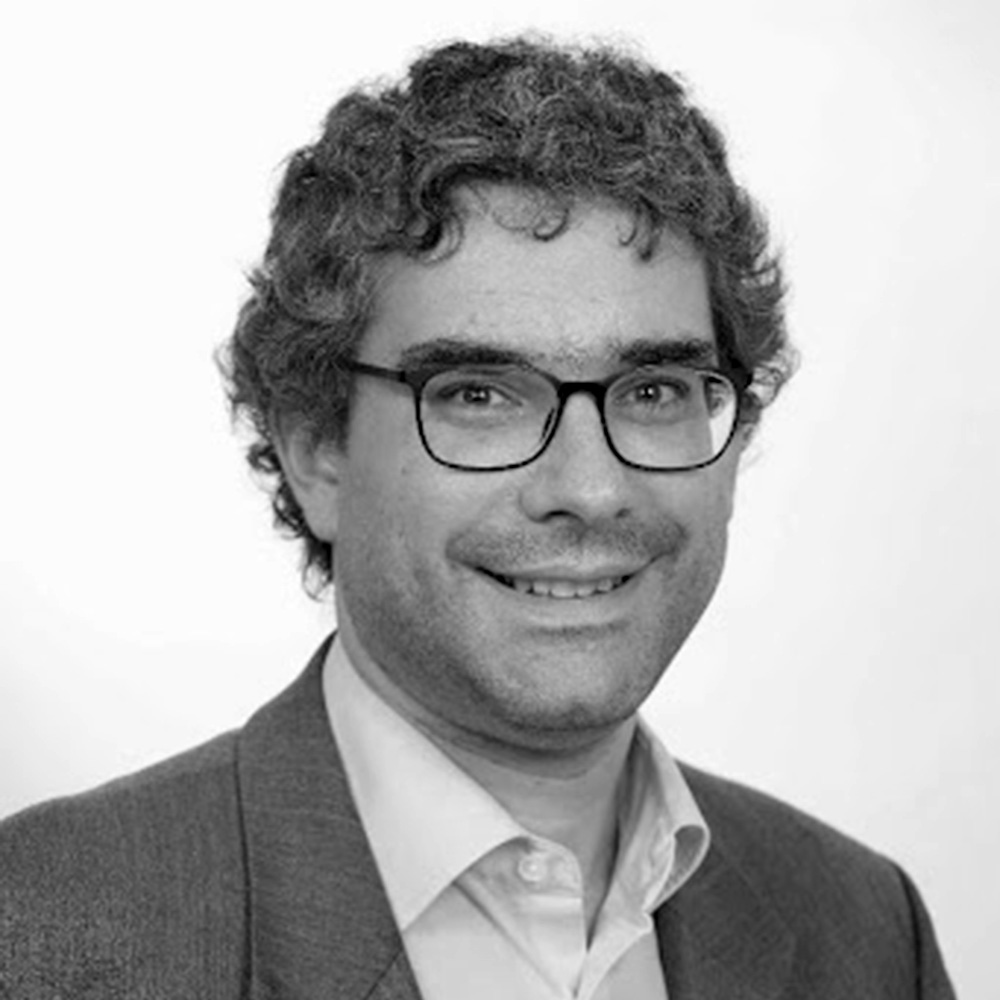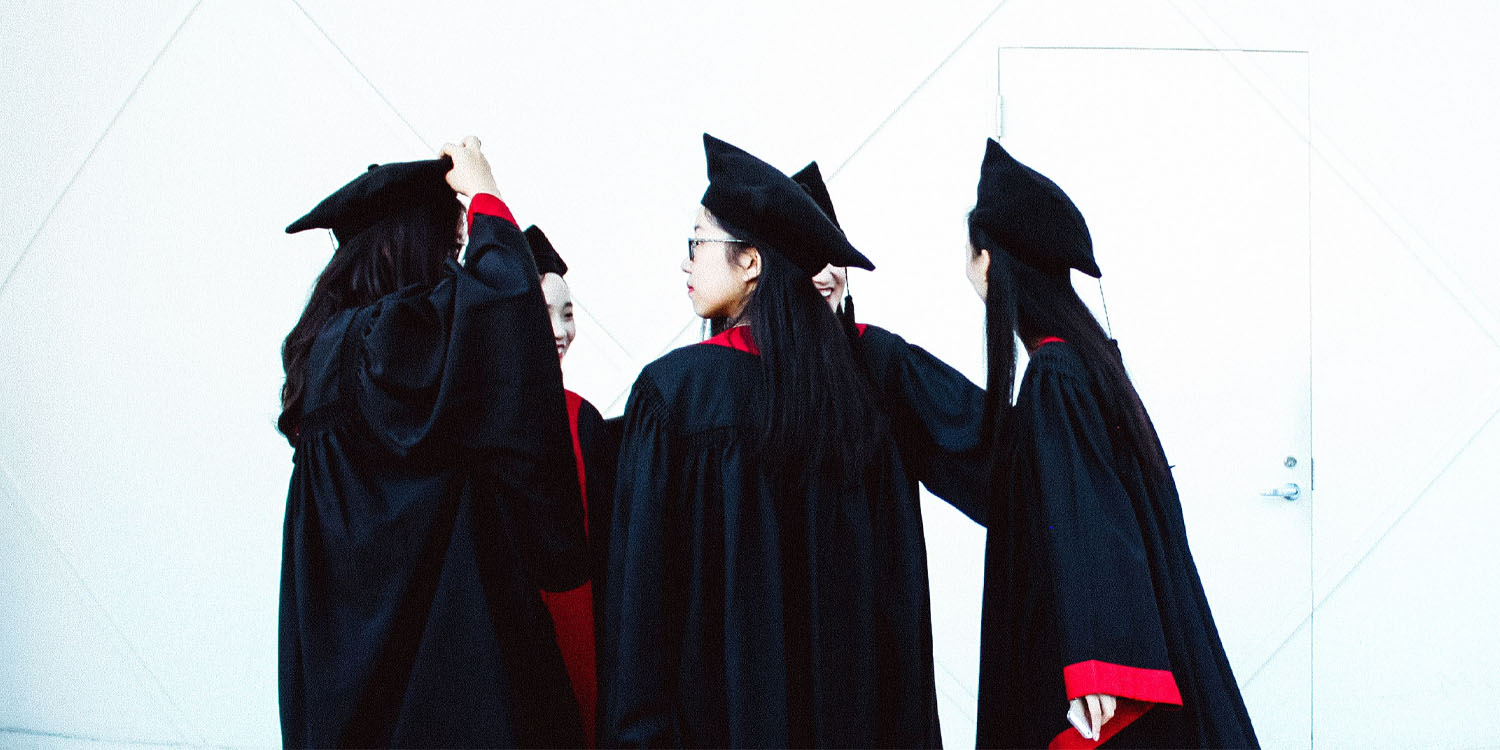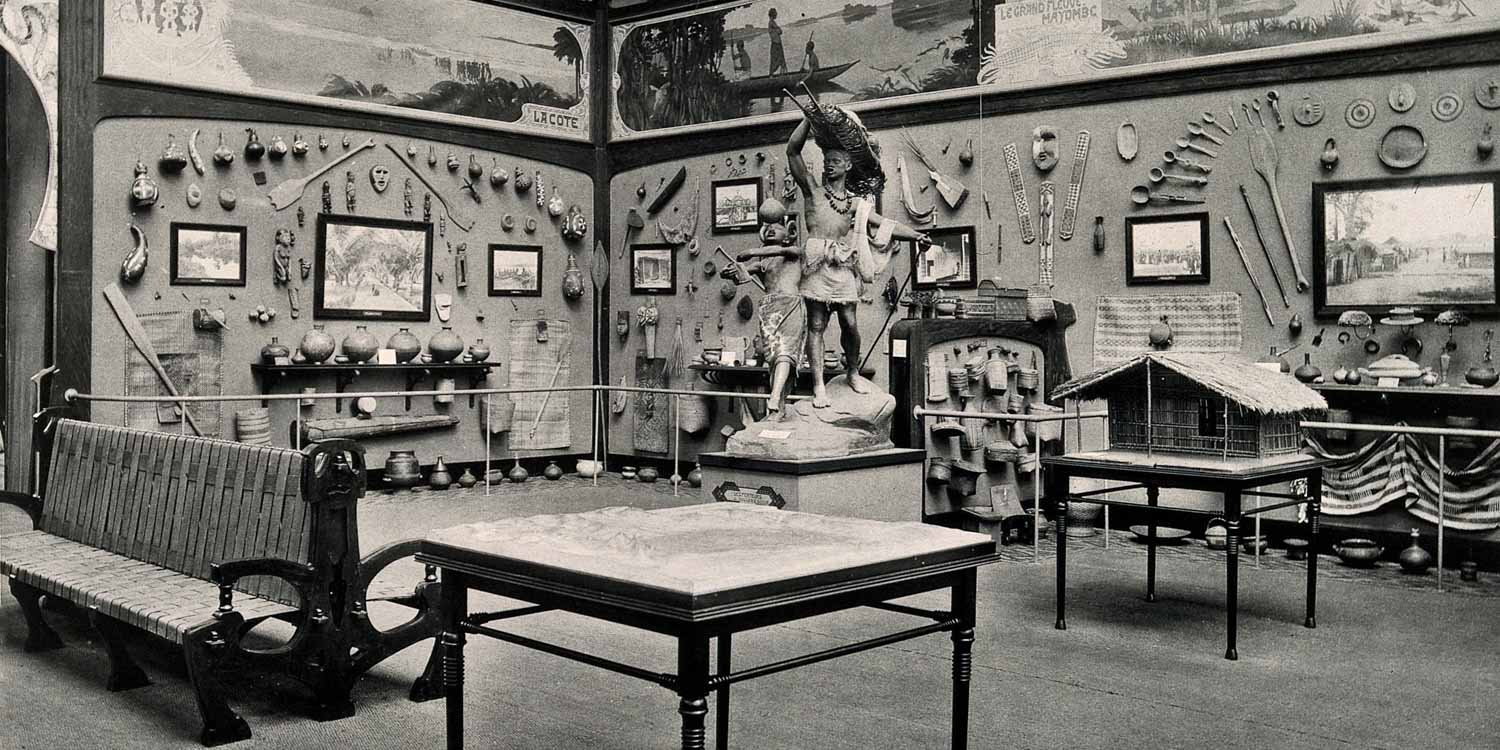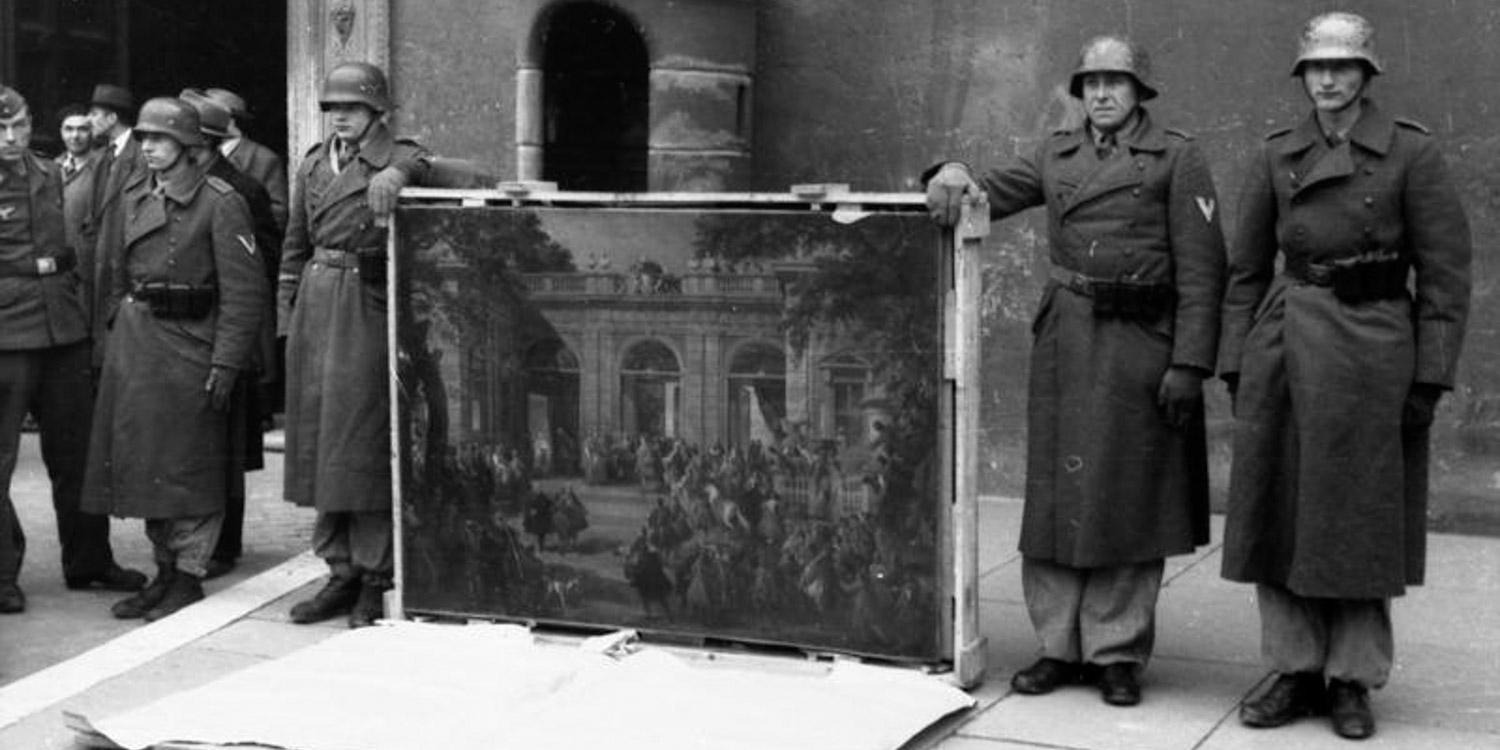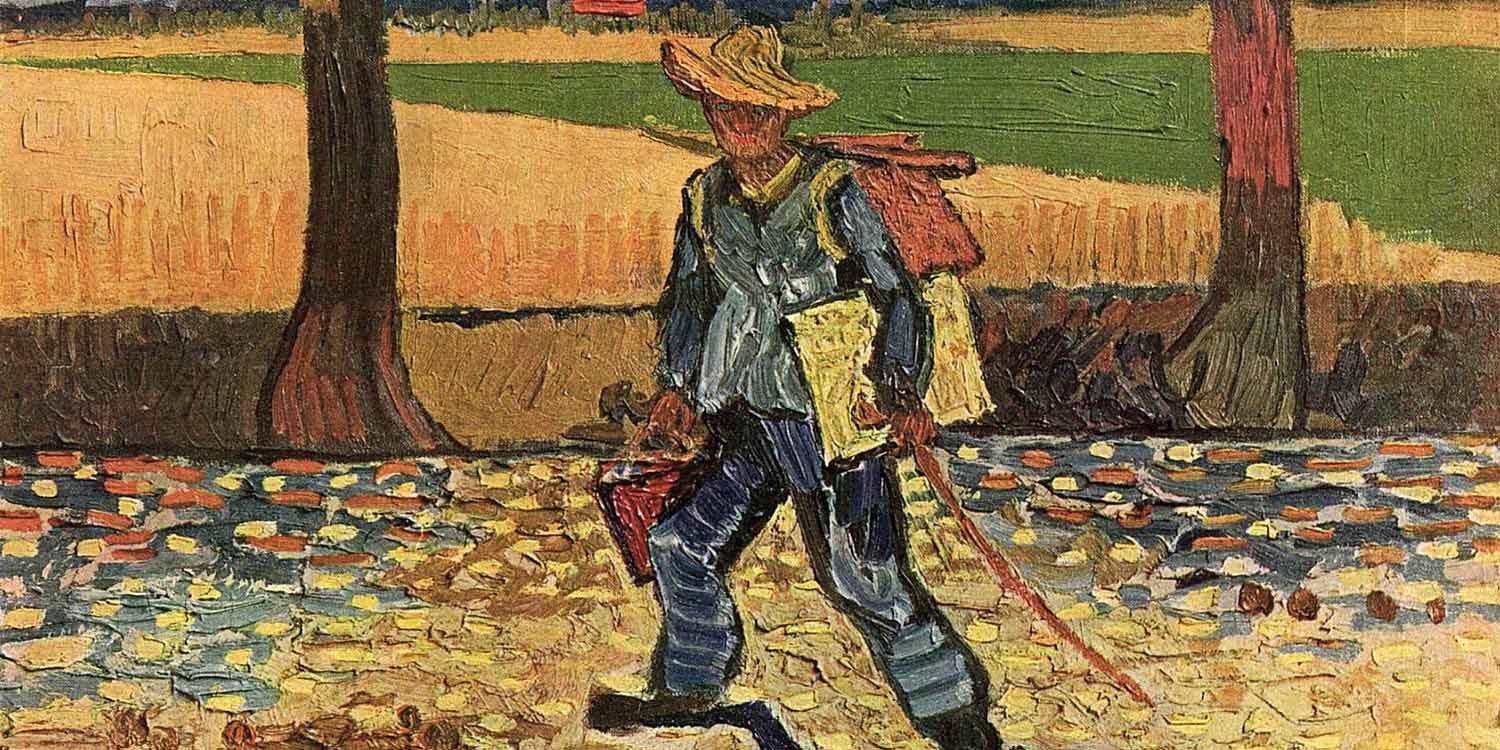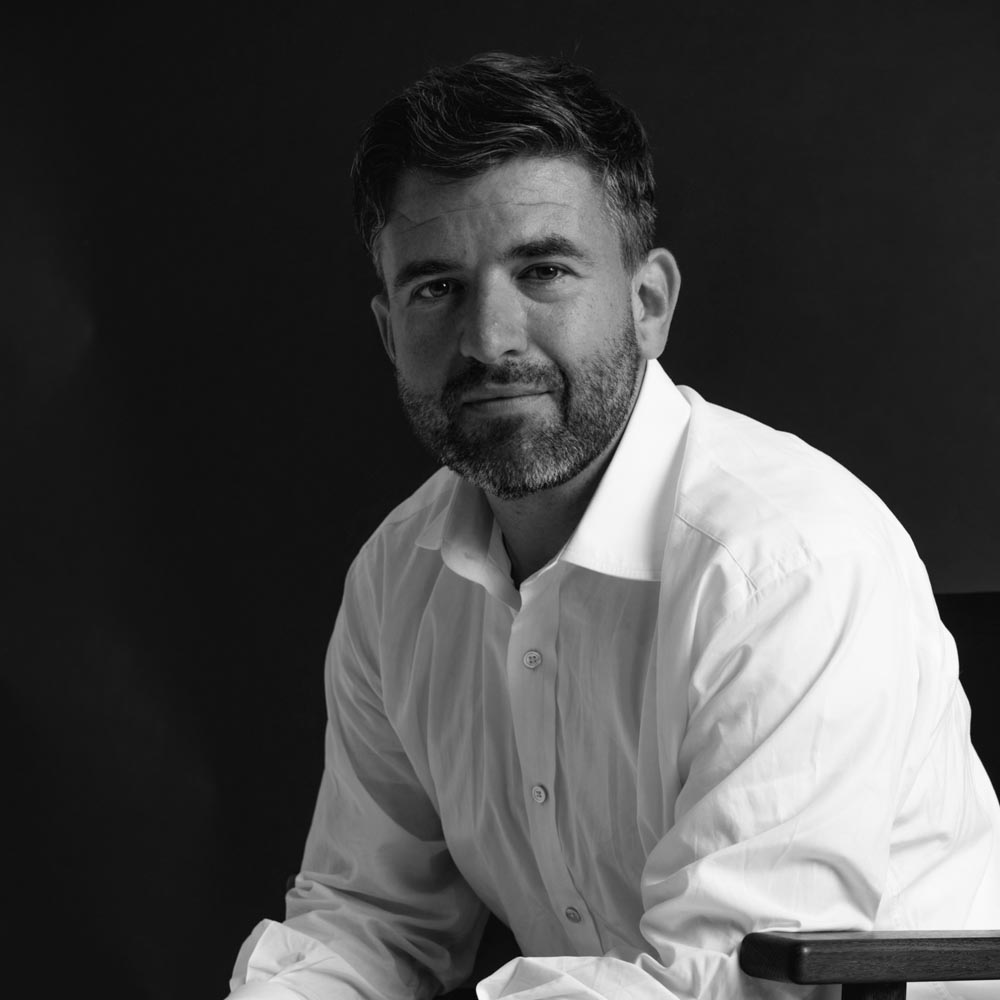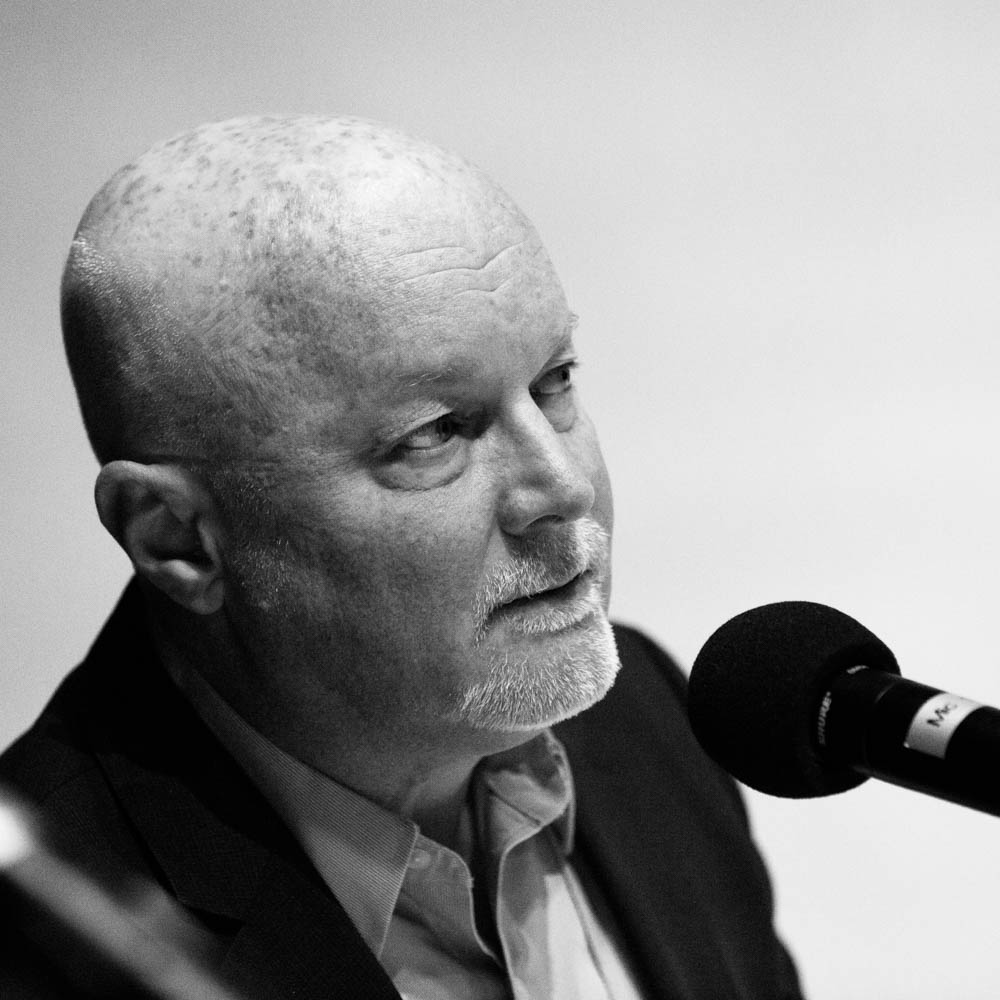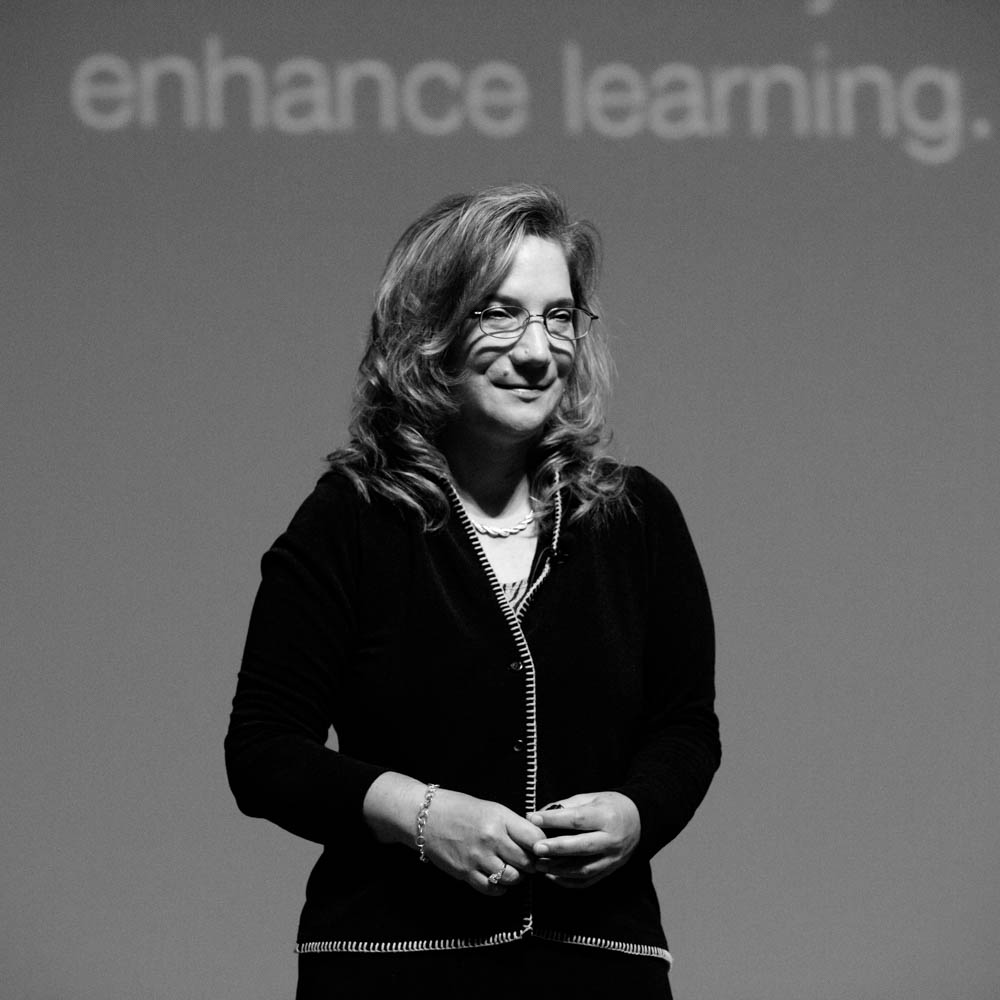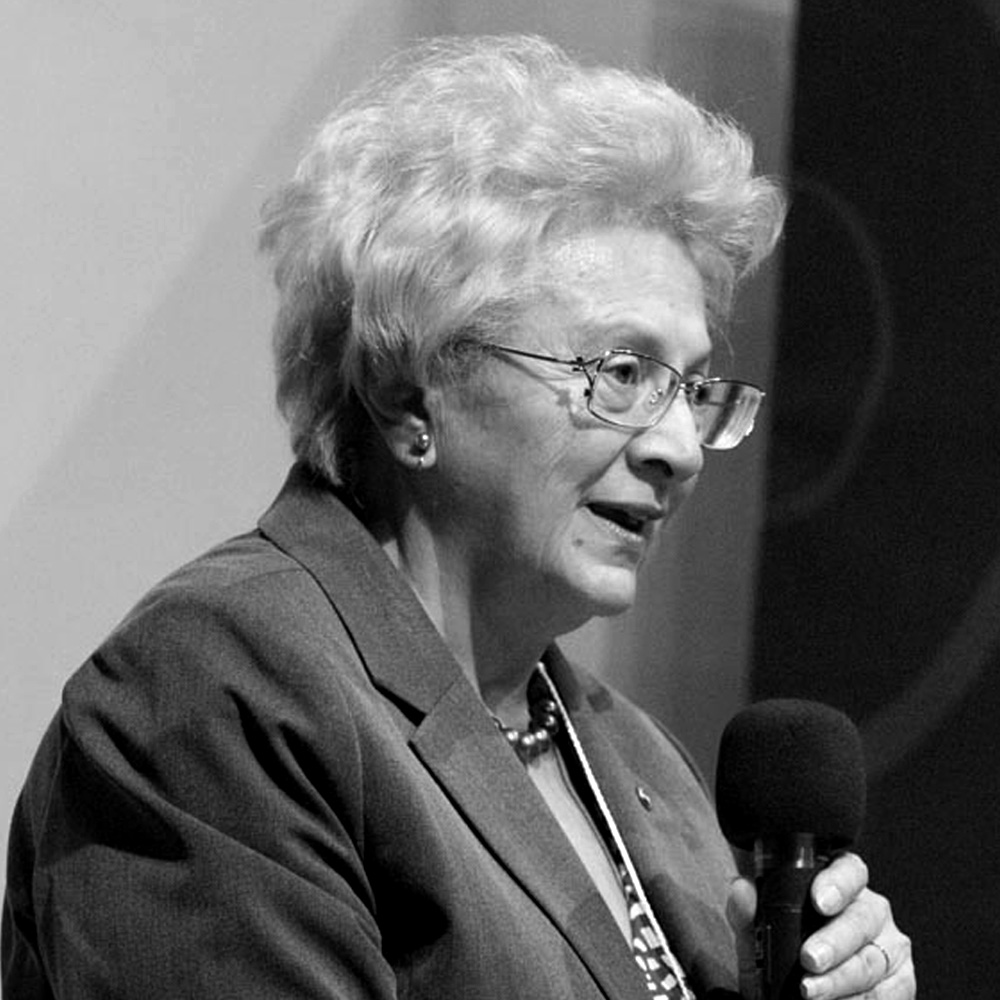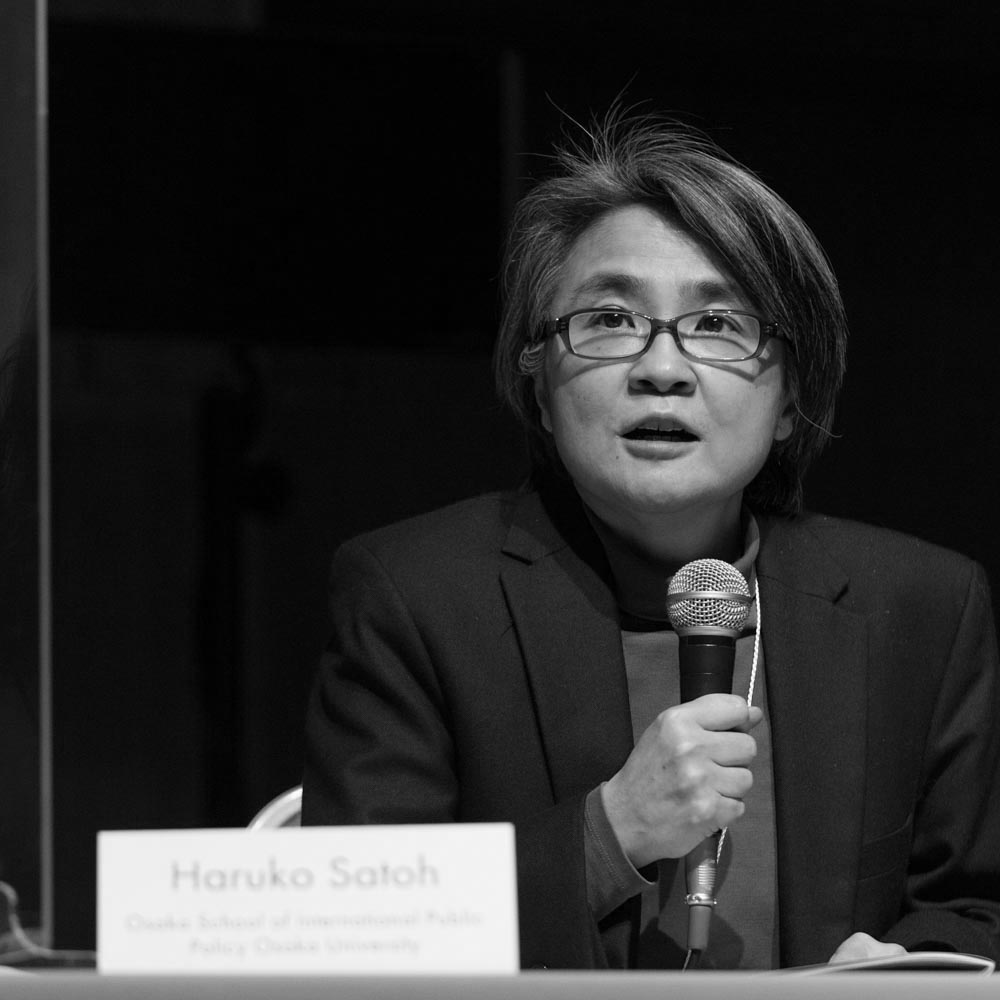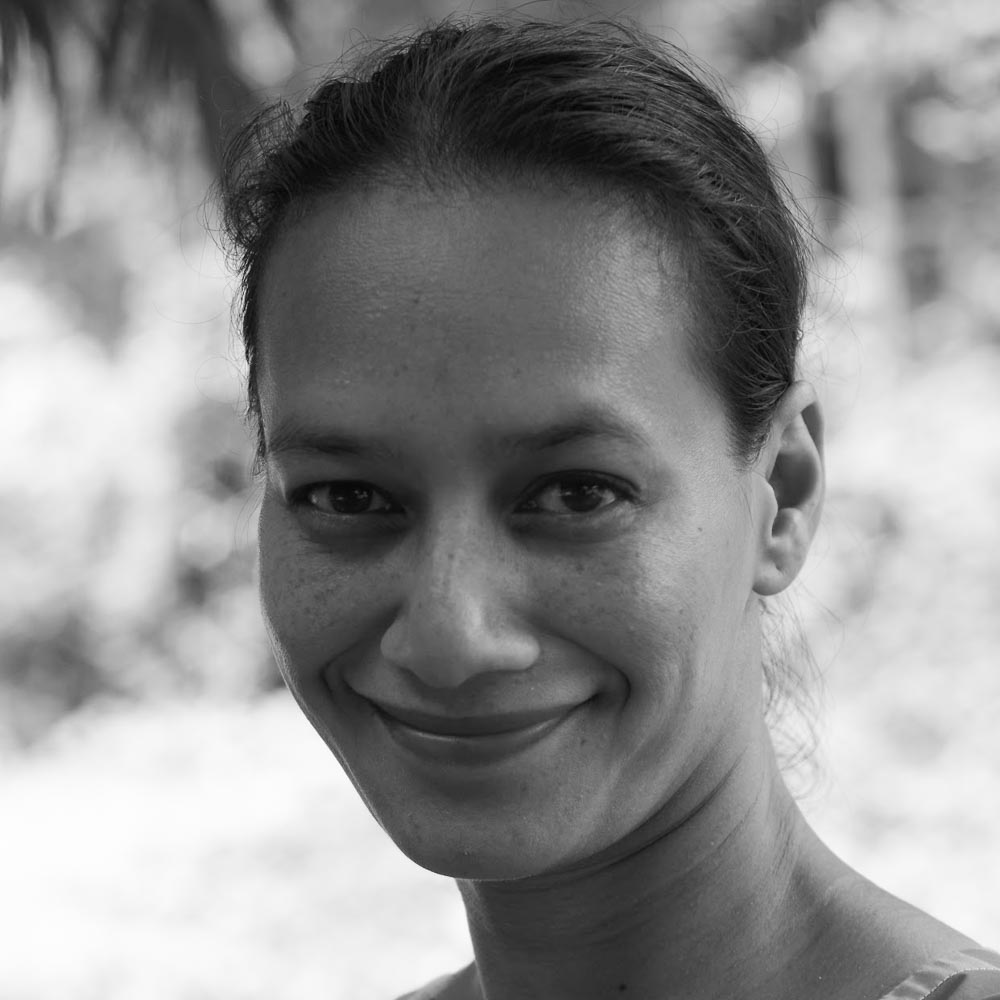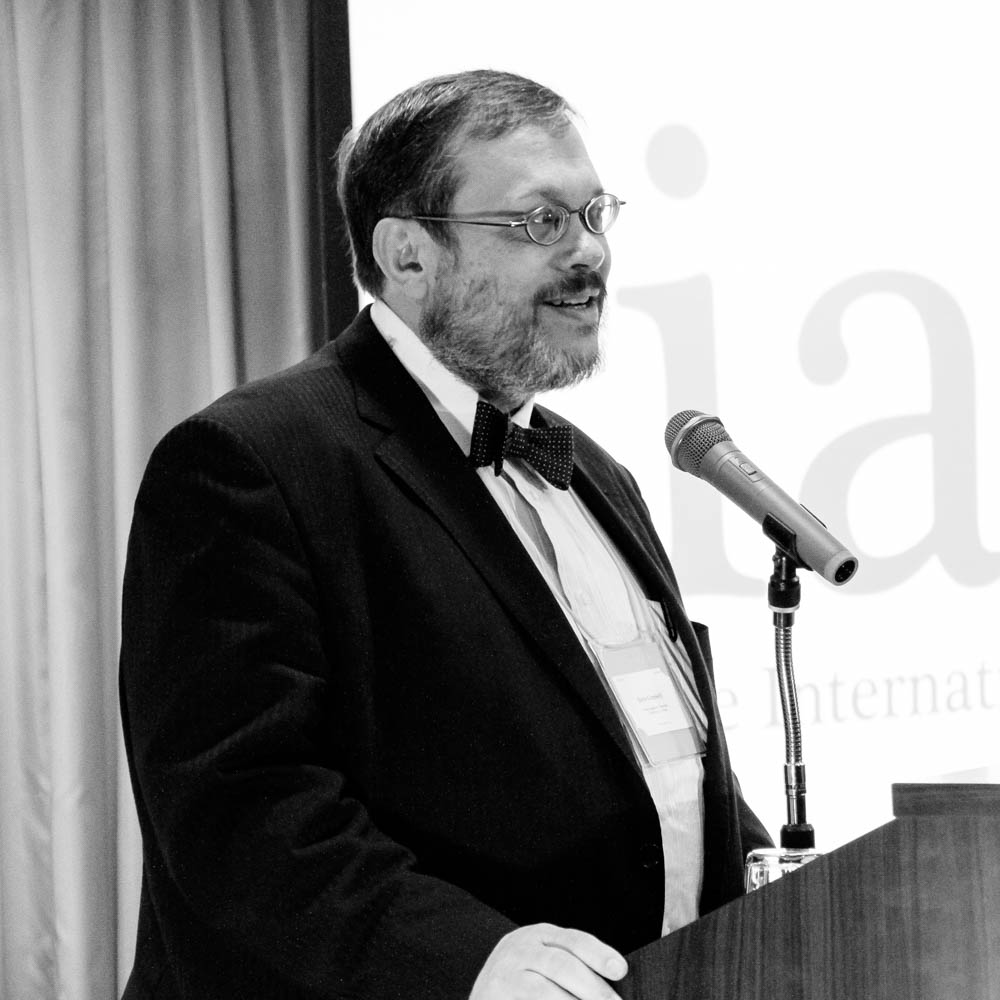PCE2022
June 16-19, 2022 | La Maison de la Chimie, Paris, France
Speakers
-
Martín AielloNational University of Tres de Febrero (UNTREF), Argentina
-
Jared BaxterIndependent Researcher, United States
-
Grant BlackChuo University, Japan
-
Georges DepeyrotFrench National Center for Scientific Research (CNRS), France
-
Dominique M. GalliIndiana University–Purdue University Indianapolis (IUPUI), United States
-
Tim GoreUniversity of London Institute in Paris, France
-
Guido GryseelsRoyal Museum for Central Africa (RMCA), Belgium
-
Judith LehmannHeinrich Böll Foundation, Germany
-
Anne LiskenneLa Grande Chancellerie de la Légion d’Honneur, France
-
Harald A. MiegHumboldt-Universität zu Berlin, Germany
-
Paul VoerkelFriedrich Schiller University Jena, Germany
Programme
-
Undergraduate Research – Best Practices from an International PerspectivePanel Presentation: Martín Aiello, Dominique M. Galli, Harald A. Mieg, Paul Voerkel
-
Whose Heritage? Reconsidering the Museum as a Global CommonsPanel Presentation: Anne Liskenne & Guido Gryseels
-
Restitution of African Cultural Heritage and Its ChallengesKeynote Presentation: Guido Gryseels
-
Presentation and International Discussion on The Cambridge Handbook of Undergraduate ResearchPanel Presentation: Grant Black, Judith Lehmann & Harald A. Mieg
-
From Nazi Spoliations to Ongoing Restitutions in the 21st Century, an Official French Cultural Point of ViewKeynote Presentation: Anne Liskenne
-
Vincent van Gogh and the Allegory of the RoadFeatured Presentation: Jared Baxter
-
Knowledge sans FrontièresKeynote Presentation: Tim Gore
Organising Committee
The Conference Programme Committee is composed of distinguished academics who are experts in their fields. Conference Programme Committee members may also be members of IAFOR's International Academic Board. The Organising Committee is responsible for nominating and vetting Keynote and Featured Speakers; developing the conference programme, including special workshops, panels, targeted sessions, and so forth; event outreach and promotion; recommending and attracting future Conference Programme Committee members; working with IAFOR to select PhD students and early career academics for IAFOR-funded grants and scholarships; and overseeing the reviewing of abstracts submitted to the conference.
-
Grant BlackChuo University, Japan
-
Georges DepeyrotFrench National Center for Scientific Research (CNRS), France
-
Joseph HaldaneThe International Academic Forum (IAFOR), Japan
-
Donald E. HallBinghamton University, United States
-
Barbara LockeeVirginia Tech, USA
-
Ljiljana MarkovicEuropean Centre for Peace and Development (ECPD), Serbia
-
Haruko SatohOsaka School of International Public Policy (OSIPP), Osaka University, Japan
-
Krisna UkAssociation for Asian Studies (AAS)
-
Steve Cornwell (1956-2022)The International Academic Forum (IAFOR) & Osaka Jogakuin University, Japan
PCE2022 Review Committee
- Dr Grant Black, Chuo University, Japan
- Professor Steve Cornwell, IAFOR & Osaka Jogakuin University, Japan
- Professor Georges Depeyrot, French National Center for Scientific Research (CNRS), France
- Professor Beena Giridharan, Curtin University, Malaysia
- Professor Donald Hall, Rochester University, United States
- Dr Barbara Lockee, Virginia Tech, United States
- Professor Ljiljana Markovic, University of Belgrade, Serbia
- Professor Matthew Montebello, University of Malta, Malta
- Professor Haruko Satoh, Osaka University, Japan
- Dr Krisna Uk, Association for Asian Studies (AAS)
IAFOR Research Centre (IRC) – “Innovation and Value Initiative”
The IAFOR Research Centre (IRC) is housed within Osaka University’s School of International Public Policy (OSIPP), and in June 2018 the IRC began an ambitious new “Innovation and Value Initiative”. Officially launched at the United Nations in a special UN-IAFOR Collaborative Session, the initiative seeks to bring together the best in interdisciplinary research around the concept of value, on how value can be recognised, and measured, and how this can help us address issues and solve problems, from the local to the global.

